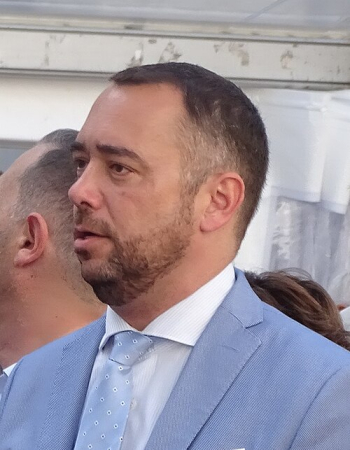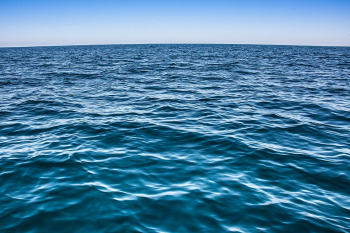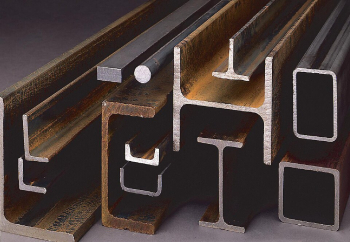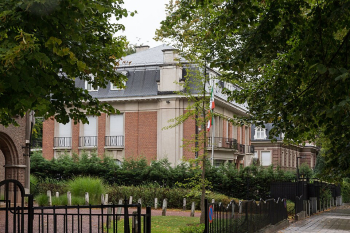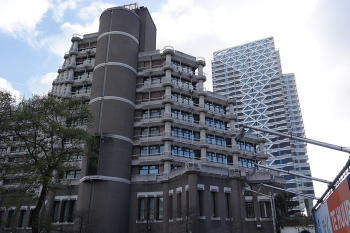
European Commission chief Ursula von der Leyen on Wednesday slammed plans by member states to impose drastic cuts on the EU budget, which could undermine defence and
climate change ambitions.
"I am concerned about the severe cuts that are in this proposal," she said, referring to demands for austerity in a long-term budget plan from Finland, which holds the bloc's rotating presidency.
Von der Leyen's warning came a week before she unveils her Green New Deal, which would require a major spending boost in order to make Europe carbon neutral by 2050.
The EU is currently negotiating the bloc's 2021-2027 long-term budget plan, a process that has been made even more difficult by the exit of Britain, the EU's second-biggest economy and a major net contributor.
Member states have been intensely negotiating since mid-2018 on the basis of a Commission proposal calling for a multi-year budget of 1.134 trillion euros ($1.4-trillion).
But the Finnish proposal slashes that to 1.087 trillion euros, and crucially nearly halves the size of a Macron-backed European defence fund.
"I will not support a draft budget that does not live up to our ambition on this point and I fully support Ursula von der Leyen's statements," Macron said at a press conference after the NATO Summit in London.
"On these new policies of defence, research, artificial intelligence (...) these policies of the future that we are defining, including climate policy, we need an ambitious budget, otherwise we are not coherent," he said.
- 'Time we deliver' -
Von der Leyen said she would raise the topic at an EU summit next week, and challenge leaders who have called for a more ambitious EU but are refusing to open up national coffers.
"I think it is time that we deliver on the objectives that we agreed together," Von der Leyen told reporters in Brussels.
The Finnish proposal is intended to break the logjam, with net contributors such as Germany, Netherlands and other northern countries insisting on cutbacks.
But outnumbered eastern EU states have slammed the proposed cuts, worried about the special funds that have spurred their development since they joined the bloc.
This spending, known as cohesion funds, aims to raise the economies in the EU's traditionally poorer southern and eastern countries to the higher western levels.
Funds for farmers, which with development funds account for the biggest share of the budget, are also slated for a big reduction.
Given the splits, expectations are low that the budget, known as the multi-annual financial framework (MFF), will be soon settled and talks could continue deep into 2020.
The European Parliament will also have to ratify any deal.afp



